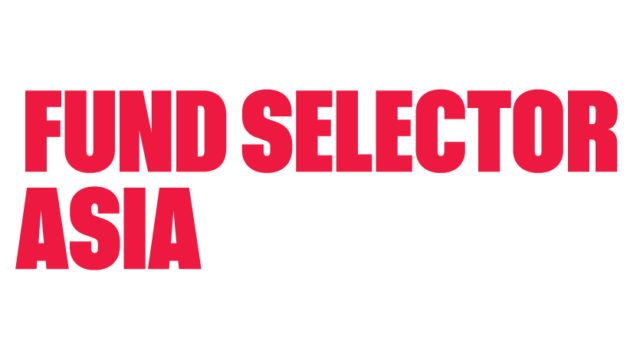“People say Indian equity valuations are high, but I’m not sure when in the last 10 years they have been low,” Karun Marwah, head of international business at Mumbai-based Motilal Oswal, told FSA. “We had a bad cycle in India in 2010-2013, but valuations never became cheap.”
The firm’s Mauritius-based Motilal Oswal India Fund began selling to professional investors in Singapore, Hong Kong and the US earlier this month.
“We are 100% focused on Indian equities with no cash call,” Marwah said. The $2bn fund holds only 15-25 companies that range mainly in the mid-cap sector with a capitalisation of $100m-$4bn. Average holding period is 4-5 years.
The manager seeks companies with the potential for “extraordinary growth over a long period of time”, Marwah said. Such companies tend to be in sectors such as consumer, financials, healthcare and pharmaceuticals. (The fund shies away from most cyclical businesses such as real estate, infrastructure or commodities).
Concentrated risk
Yet obvious risks come with a highly-concentrated portfolio. Average exposure is 8-10% for the top ten holdings (the largest holding is Bajaj Finance at 16.95%). Therefore, the fund manager has to be very sure he’s got the management assessment right, Marwah said.
Another risk is projecting growth over long periods. “We are patient investors and a few downturns in earnings don’t phase us. But we are relying on management ability to deliver growth. There could be a change in an industry, a technology disruption, and you wouldn’t see the period of growth that you initially thought.”
The product has been available to domestic investors since 2007 and according to the firm’s data, the rolling returns for three years on a monthly basis have been on average 19.5% post-tax, post-fees.
The fund’s domestic track record and the idea to offer foreign investors a “boutique way” to access India led to the offshore launch of the product, he said.
Marketing of the fund in Asia and the US will go through Mercer, Albourne Partners and Cumberland Partners. A SICAV structure is also in the works for Europe, he said.
The initial target is institutional investors, family offices and ultra high net worth individuals, followed by private bank distribution.
As China’s GDP growth slows, India, with its reform agenda, is attracting investor attention and domestic firms have taken notice. UTI International is another India manager with global ambitions, FSA reported earlier.
Reform disappointment?
Marwah said India has been progressing in the last 2-3 years. “Bureaucrats are energised and the government is weeding out corruption. The government is pro-business and is working for the long run.”
Reform progress includes the recent passage of the Goods and Services Tax bill and the relaxing of restrictions on foreign ownership of equities in most sectors.
“Some are disappointed with the pace of reform. Given the experienced officials Modi brought in, execution could have been quicker. But the government is clearly working with the next term in mind. If they return to power, you’ll see another reform set in the next five years.
“Clear systemic changes will take 8-10 years.”

















